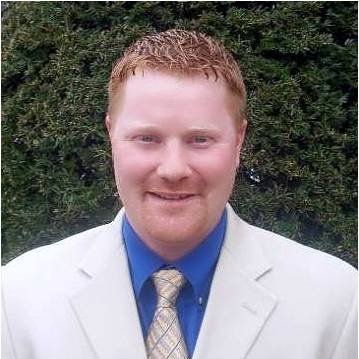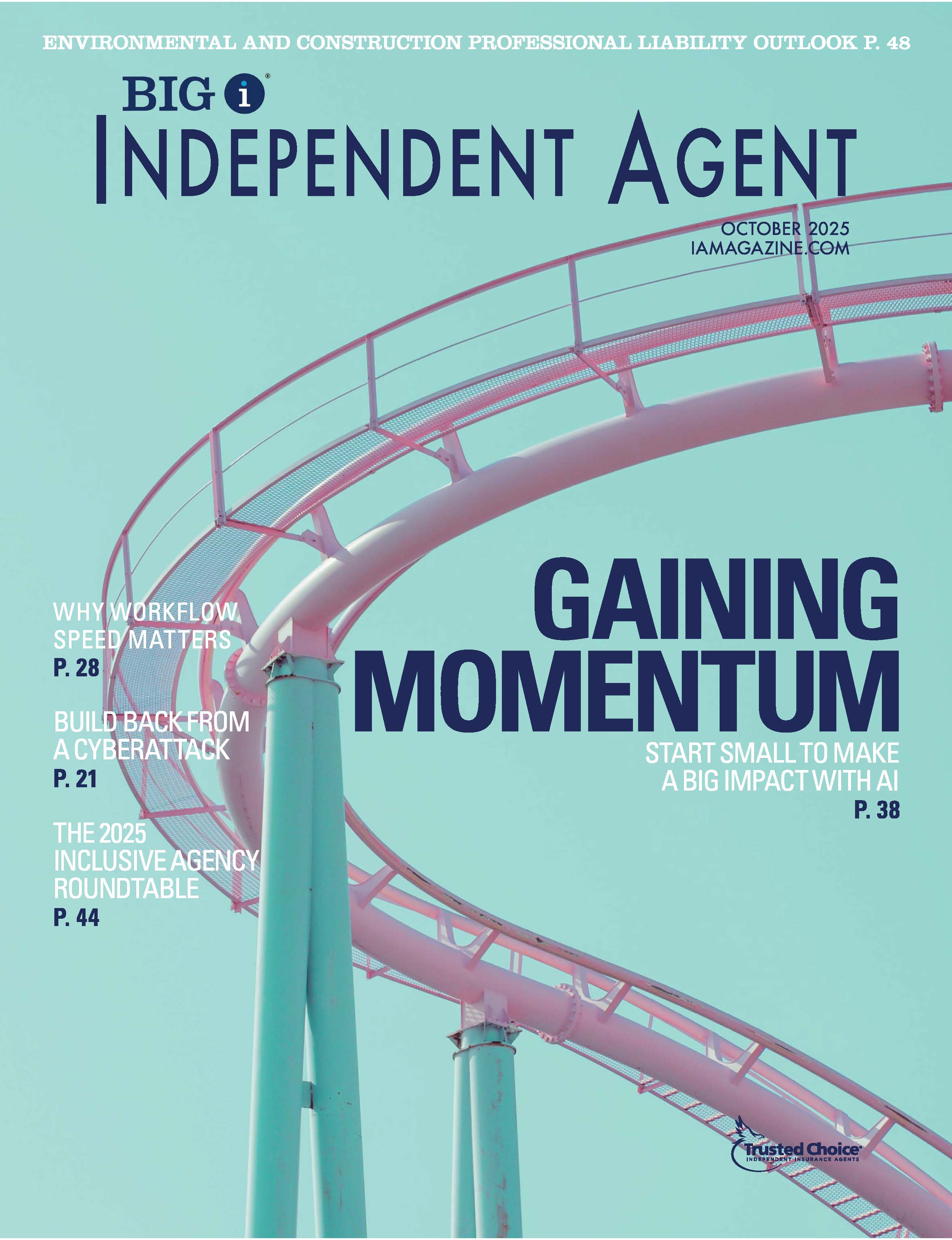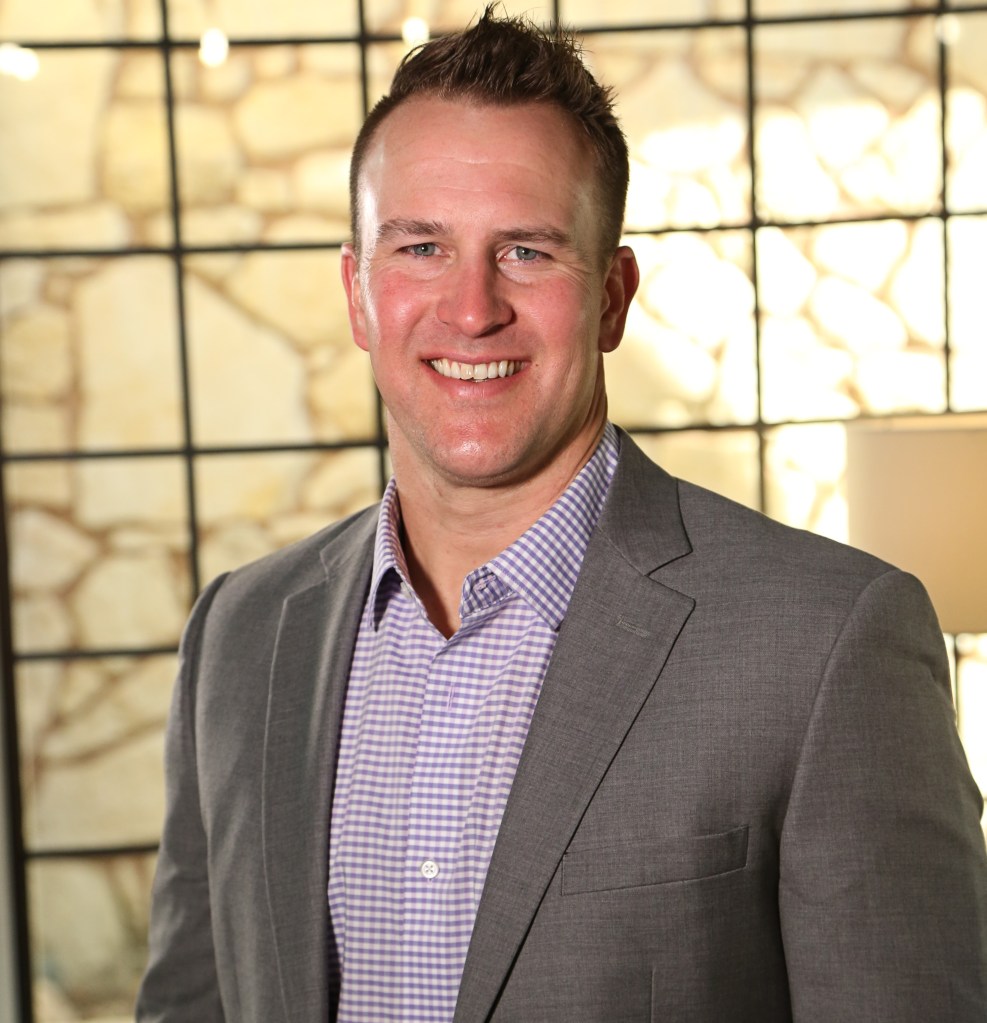From the Front Lines: Directors & Officers

Rick Brownell Jr.
General Manager
Brownell Insurance Center
Londonderry, New Hampshire
How did you get started at your agency?
Brownell Insurance was formed by my mother. About 12 years ago, they had an opening. I was working in banking at the time, and they asked if I wanted to come over and change professions, so I figured I would join the ranks of the family business. I started in personal lines and then figured out quickly that commercial insurance was a much better fit for me, so I began down that path about 10 years ago.
Why D&O?
We like D&O insurance because we work a lot with condo associations, boards of directors, things like that. We also do a lot of work with nonprofit organizations.
How has D&O changed over the years?
The focus for the actual associations of the nonprofit groups has changed to actually carrying it. When I first started, a lot of the organizations we worked with tended to be a little smaller, so their main focus was just general liability. Over the past couple years, boards have figured out they have to protect themselves from being sued for making decisions.
Biggest D&O challenges?
I find the challenges stem back to what the board does, how much flexibility they have, and what their control systems are. How do they handle accounting and auditing? Do they have third-party oversight? Are they keeping everything transparent? Are they documenting everything they do? Are they taking minutes at their meetings? The more a board does that, the easier it is to quote, and of course, e-pricing is better. I run into boards that don’t have these safeguards, and getting them insurance can be very challenging.
We do a lot of counseling, referencing different types of safeguards or documentation they should have and helping them implement a system. That way, not only can they move forward with keeping their premiums down, they are also protecting themselves against claims.
Future of D&O?
I think it’s only going to become more important. A lot of responsibilities are being placed on boards to make more decisions and keep association fees down. Unfortunately, I also feel it’s only going to get more expensive, and if insurance goes up, typically annual dues go up, too.
As premiums rise, what we need to do is search out new markets. Some companies are having a change of heart. I’ve got one company now that has changed the way they write D&O. Instead of a claims-made scenario, it’s occurrence-based. I think over the next 10 years, we’ll see some interesting changes in the marketplace.
Advice for a fellow D&O agent?
Partner with one or two carriers that have done D&O insurance for a while—national carriers that have seen the market emerge and have the loss prevention you can rely on. Then, you can tailor coverage to the type of association and provide them with written documentation on how to set up their board, how to set up those loss prevention keys, and get a system in place that will make quoting easier, keep claims down, keep pricing down. It’ll just create an overall better relationship with your client and the insurance company.
Favorite D&O success story?
We worked with a nurse-type association that came to us with no coverage, which was surprising. To keep a license as a nurse in this field, you have to get continuing education, which this particular association provides. When they came to us, we had a few challenges. One, we had to insure the association, because they had nothing. And two, there was a set board that was regulating and managing not only the association itself but the continuing education. That created a wrinkle that some of our carriers just did not want.
In the end, it took us three months to really hammer down the proper coverages. But we were able to provide them with the D&O, the general liability, and the coverage they needed. It worked out great on all sides. They’re still a client of ours, and they can sleep better knowing they have coverage for all the aspects of what they do.
Will Jones is the IA assistant editor.










